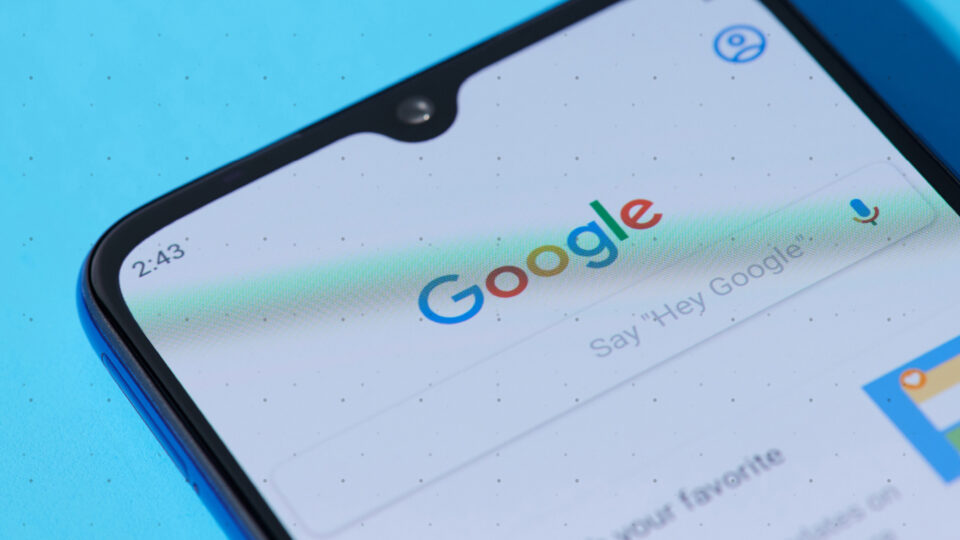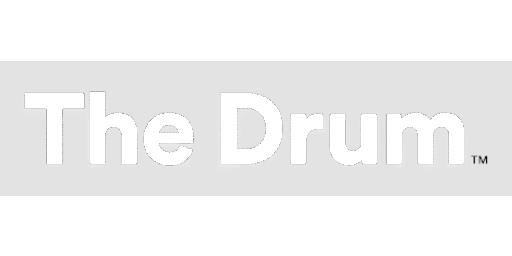
Even with the potential prospect of lockdown starting to ease from this week the cold reality is a large number of people will still be working from home for a long while yet, and so it’s still never been more important to review and understand the digital channels that can help you reach your audience.
As the digital marketplace is so broad and fragmented, planning and executing an effective digital marketing campaign can at times, feel complicated. We’ve put together some key takeaways to help ensure you’ve got the basics covered. These are some of the essentials for a robust digital marketing strategy, and can be used by all businesses to create effective campaigns both during the crisis, and in the aftermath once things start settling down.
Our website covers each of these areas in much more detail on the relevant services pages.

SEO (Search Engine Optimisation)
Mainly Google and then Bing – A whopping 93% of all online experiences start with search, according to a Forrester report. Natural Search is the primary driver of traffic to content sites. If you get it right, natural search can drive high levels of relevant traffic to your site at no cost!
SEO is split between 2 forms – on-site (on your website) and off-site (other websites that link to yours). To get it ‘right’, you need to prove your expertise and authority. In essence, Google and Bing favour new, unique and useful content. If you’re not publishing content, your SEO efforts are being undermined.
You should also aim to link and interact with other ‘high authority’ sites within your industry.
SEO audits
An SEO audit is a technical analysis showing how well optimised and SEO friendly a website is. Our audits are broken down into five distinct sections;
- Accessibility
- Indexability
- On-Page Ranking Factors
- Off-Page Ranking Factors
- Competitive Analysis
Our FWX SEO consultants can provide you with an audit report highlighting any significant issues with your site and provide a clear roadmap of recommendations for improvement.
Keyword research
The importance of keyword research cannot be underestimated in an SEO marketing plan.
Using a variety of industry tools we will gauge the competitiveness of the market you operate in, and identify the viability of optimising for core keywords in your niche and suggest appropriate on and off-page strategies that reflect these decisions. For example by using a keyphrase tool we can focus on relevant words/phrases with the highest related search volume.
Off-Site Optimisation and Link Building
Off-site optimisation is the most time intensive aspect of any SEO project. The goal is to accumulate positive signals and interactions for your brand across different online channels, which result in positive brand mentions, reviews and links to your content.
In order to achieve this there are several options available, but not limited to; creating an excellent product or service; guest posting on popular, relevant blogs; building relationships with influencers; earning positive press; capturing positive reviews; responding to negative reviews; and monitoring all mentions of your brand.

PPC (Pay-Per-Click advertising)
For those not already familiar, PPC offers immediate results – you put a text add for a searched term and bid for its position, and pay each time your advert gets clicked on. It’s a great way to bring new people to your site easily and quickly, in a measurable way.
Keyword planners are invaluable tools to support your PPC efforts. You can identify the most relevant keywords for your industry, then monitor performance. If something isn’t proving to be worth the investment, reallocate your budget to other better performing phrases.
Getting the most out of PPC marketing
The first stage of any project is to get a firm grasp on a company’s targets and goals, and then to develop a paid search marketing strategy to support this. From here, you can act upon the key metrics by which to quantify what a successful pay per click campaign looks like.
This is especially important to us as we see PPC management as a collaborative process, in which we act as an extension of your business.
Once we have agreed upon key performance indicators (KPIs) for the account, we use industry tools to power our keyword research which supplement any existing data in your current campaigns and web analytics data. This research can provide us with hundreds, if not thousands of keywords, providing us the basis to formulate an account structure.
Remember:
- It’s beneficial to use PPC and SEO in tandem to complement each other and migrate successful ‘paid’ keyphrases into your ‘natural’ SEO targeting.
- It’s important to know your metrics! How much can you afford to pay to acquire a new customer?
- Make sure PPC visitors land on appropriate content on your site. Bounces can be bad.
- It’s not all about first position. Lower ad positions will avoid ‘tyre kickers’, though you will sacrifice click volume. Don’t follow the crowd, test and optimise!

Digital Display
These are typically banner ads or skyscrapers that can be static, use animation or video, and are seen on high traffic sites such as news or media based websites.
If you’ve ever looked into buying space you’ll have noticed that the majority of digital media sales calls you receive are pushing CPM or ‘Cost Per Thousand’ deals? There’s a reason for this; the publisher simply has to serve your ad the requisite number of times to hold up their end of the deal. In 99.9% of cases this won’t work effectively; ask for a Cost Per Click or Cost Per Sale deal if you think their sites are worth trialing for your prospects. If the deal is CPM only, we walk away. Ask the publisher to share the risk!

Television advertising
Although TV advertising has a reputation for being expensive, it actually offers a low CPM, and is efficient at reaching large audiences quickly. Unfortunately, on top of the media cost, you’ll also need to allow for production of a TV ad – which is not inexpensive.
Despite this, TV remains the undisputed king of brand awareness campaigns. This can often lead to a halo effect in the form of higher website traffic and conversion, warmer customer advocacy and higher customer service enquiries, making it a challenging channel to assign direct credit to for increased conversions and profitability.
Recent advances in targeting, such as Sky AdSmart, allows brands to target individual households with relevant messages, and greatly reduce the barrier of entry with regards to cost. AdSmart can target households based on factors such as age, location, affluence and life-stage, derived from a combination of Sky’s own customer data and information from consumer profile experts such as Experian.

Social
The key to success with social is creating a solid plan so that you don’t waste your time. Establish your objectives, identify the type of content you want to post and the audience you want to target. Make sure you create a posting schedule to remove the daily hassle!
It’s also important to remember the social element of this channel; reply to every comment and message – even the negative ones! – and get involved in the conversation. This will create an active, engaged community of followers.
With so many digital marketing channels to choose from, we strongly believe that you should always look to test new opportunities that appear relevant to your target consumer. If your audience becomes active on a new channel, it makes sense that you should explore the opportunity.
However, it’s always important not to spread yourself too thinly. Your plans should concentrate primarily on the channels that create meaningful awareness, engagement or sales opportunities for your brand. That way, you can make sure your efforts generate a positive return on investment. Our free download guide on customer behaviour and media conception can help focus your attention.
But if all the above sounds like a hassle, just give Fireworx a call on 01202 559 559 or email ideas@fwx.co.uk.



